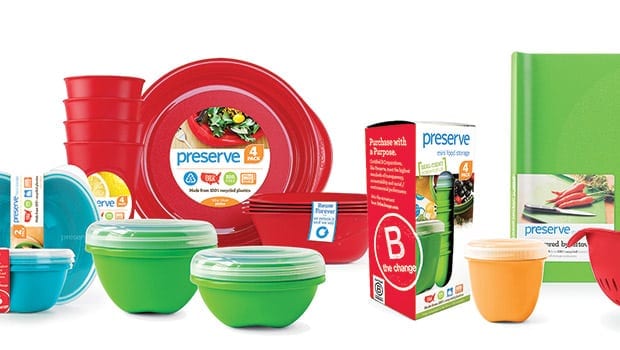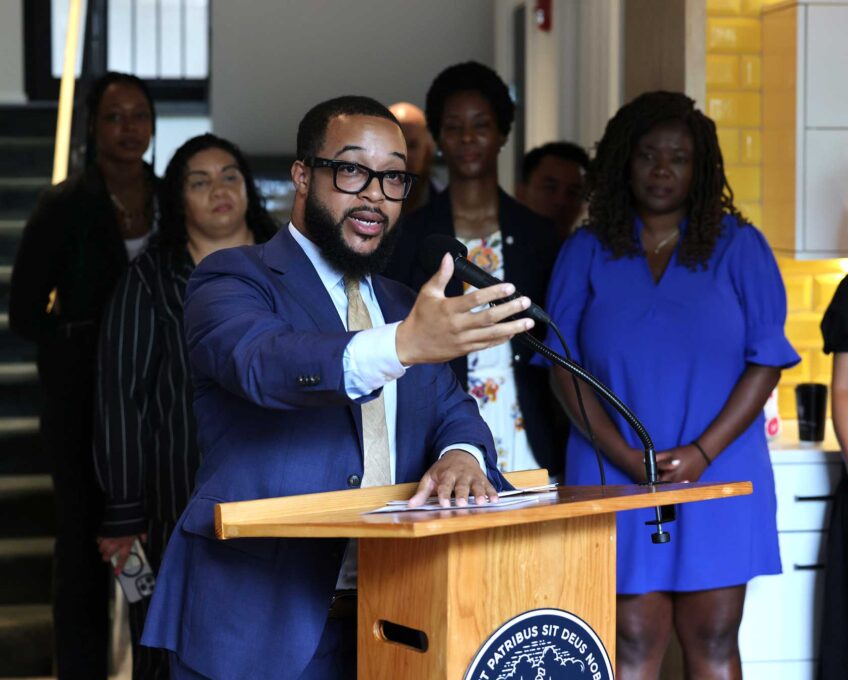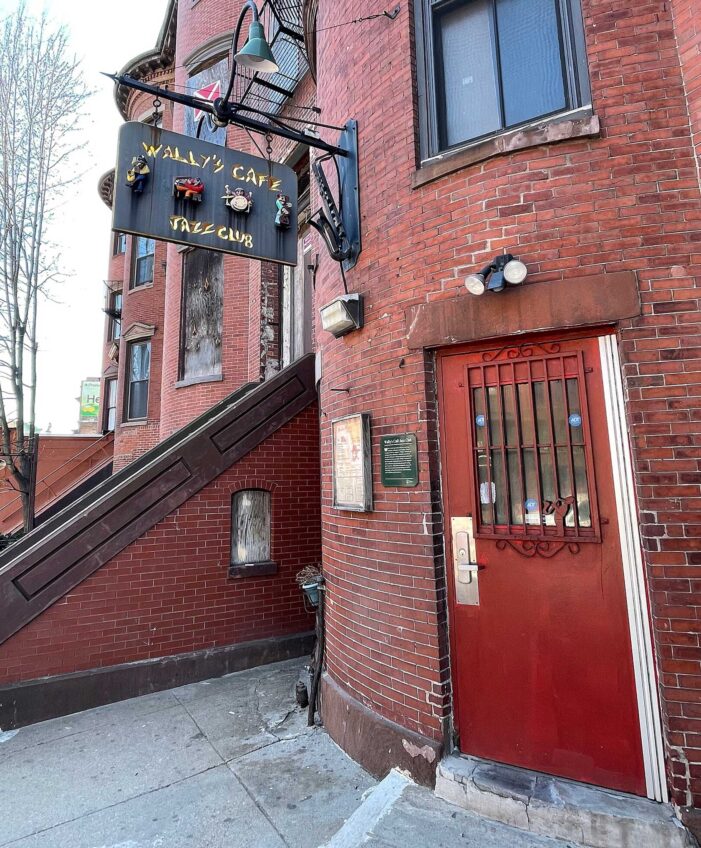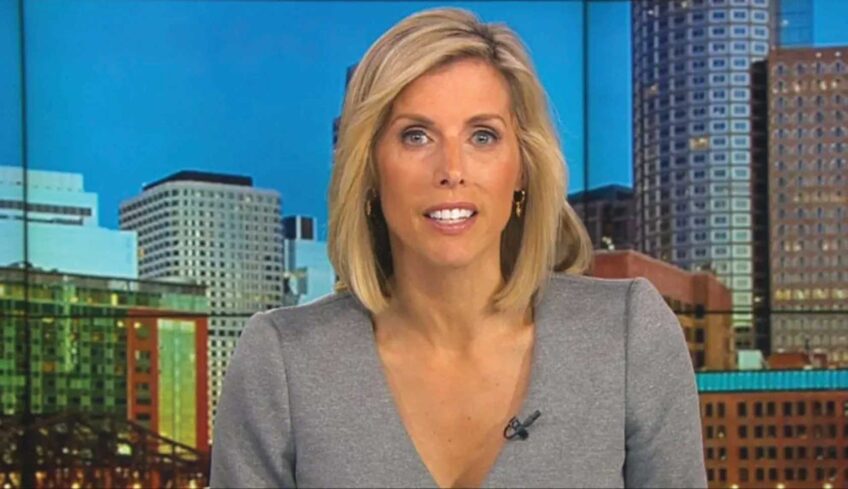People. Planet. Profits.
Preserve offers a new business model for Massachusetts

New England is home to some of the most innovative companies in the world. Preserve is among the most cutting-edge companies in our region, if not the country, and well on its way to recognition as an international leader.
Preserve produces toothbrushes, razors cookware and other household products from reengineered plastic collected from individuals and companies The products comprise recycled #5 polypropylene plastics, which require significantly less water, coal, oil, gas and electricity. Target, Whole Foods and Trader Joe’s are among the 7,000 locations that sell Preserve products.
Eric Hudson, Preserve’s founder, grew up in Western Massachusetts with a deep appreciation for the outdoors. After working in finance and consulting, he decided to create his own business. He realized that more and more American were recycling but that there were limited streams of recycled materials being used in manufacturing.
So, he decided to start a company that makes making toothbrushes.

Author: Courtesy Preserve“I see our brand really making a name for itself [through its] leading environment-friendly consumer products, as a brand that is recognized globally as both innovative in product design for function and look, and for ways we care for the environment.” — Eric Hudson
At A Glance
The Preserve Mission is based on several principles:
Pioneering Spirit
Service beyond our size
Collaboration
Faith in Fairness
Transparency
Greater Social Mission
Visit Preserve on the web at: www.preserveproducts.com
In 1996, Hudson launched Preserve out of his apartment on Beacon Hill’s Joy Street, in Boston. The company received an award from Forbes magazine and went on to become Preserve. From there the company grew and soon moved to a location in Somerville, where interns from Tufts, MIT, Harvard and other Boston-based universities helped grow it.
Today Preserve is based in Waltham and has a staff of fifteen people and a team of advisors.
Sustainability
At its core, sustainability is about design. Preserve demonstrates how companies can incorporate sustainability into every element of their business, from what they produce to how they produce it, from brand to strategy.
Before designing a new product, Hudson asks the follows questions:
- How can it be manufactured better, with less negative impact?
- How can it be used with less impact?
- How can it be disassembled, if necessary to be more recyclable?
- How much can it be reused?
- Could all or some of it be biodegradable?
In addition to using recycled plastic, the company demonstrates its commitment to the environment by reducing toxins, prohibiting animal testing and using wind power. It also works with its consumers (known as “preservers”) to recycle its products. This special relationship with preservers helps to promote brand loyalty.
Preserve partners with a wide range of companies to source #5 polypropylene plastics. Companies such Stonyfield Farm, Keurig, Tom’s of Maine, Seventh Generation and Brita form part of this campaign, known as Gimme 5. Whole Foods and natural food stores provide containers for people to bring items back, such as yogurt cups, made from #5 plastics.
Preserve is focused on a triple bottom line — people, planet and profits. In order to maintain its triple bottom line, the company engages in partnerships with other companies and with its stakeholders.
Becoming a B Corp
Preserve became certified as a B Corp in late 2011. B Corporations must meet rigorous standards for social and environmental performance and transparency, as well as undergo certification by B Lab, a nonprofit dedicated to social enterprise. To quote from the B Corp Declaration: B Corps “envision a new sector of the economy which harnesses the power of private enterprise to create public benefit. This sector is comprised of a new type of corporation — the B Corp — which is purpose driven and creates benefits for all stakeholders, not just shareholders.”
There are more than 1,400 B Corporations in 42 countries around the world, occupying 130 industries. Preserve has done so well on its environmental performance that it has been recognized by B Lab as one of the “Best of the Best for the Environment”.
Preserve is expanding globally and its products are available in more than 18 countries. When asked where he sees the company in ten years, Hudson says, “I see our brand really making a name for itself [through its] leading environment-friendly consumer products, as a brand that is recognized globally as both innovative in product design, for function and look, and for ways we care for the environment.”






